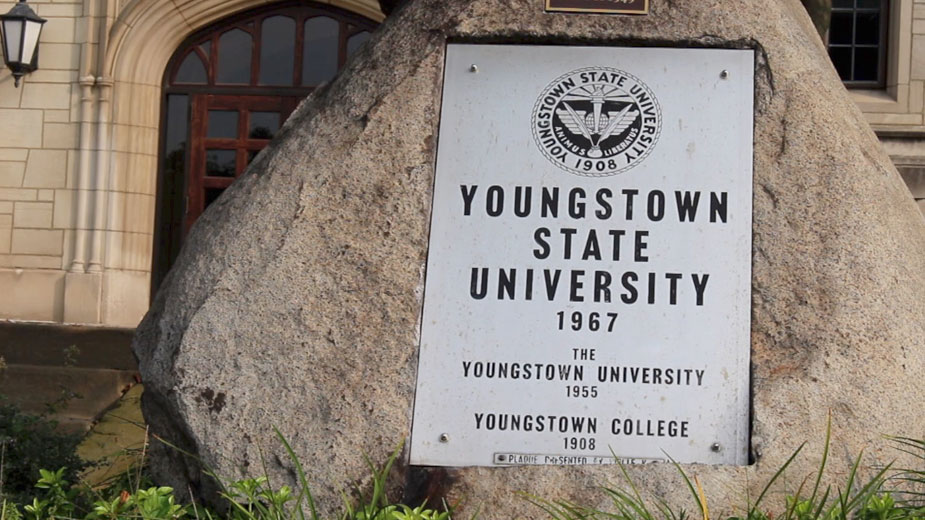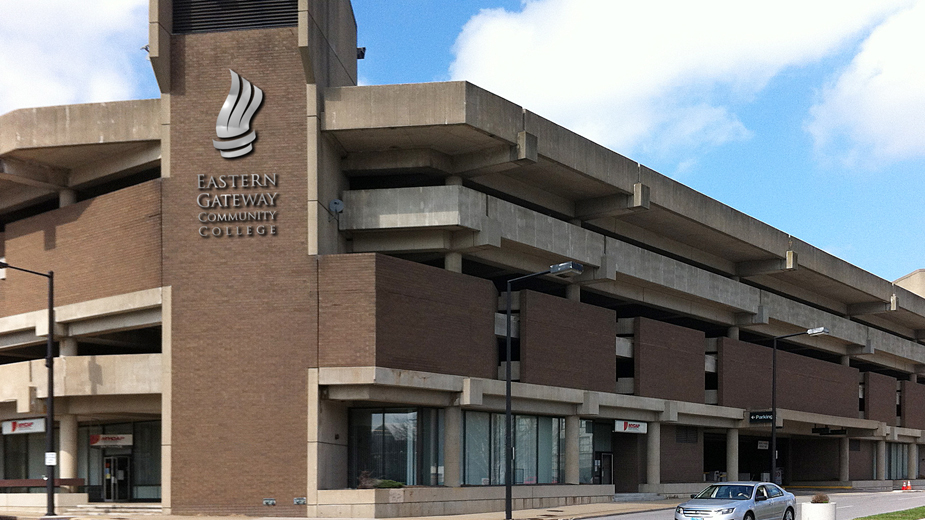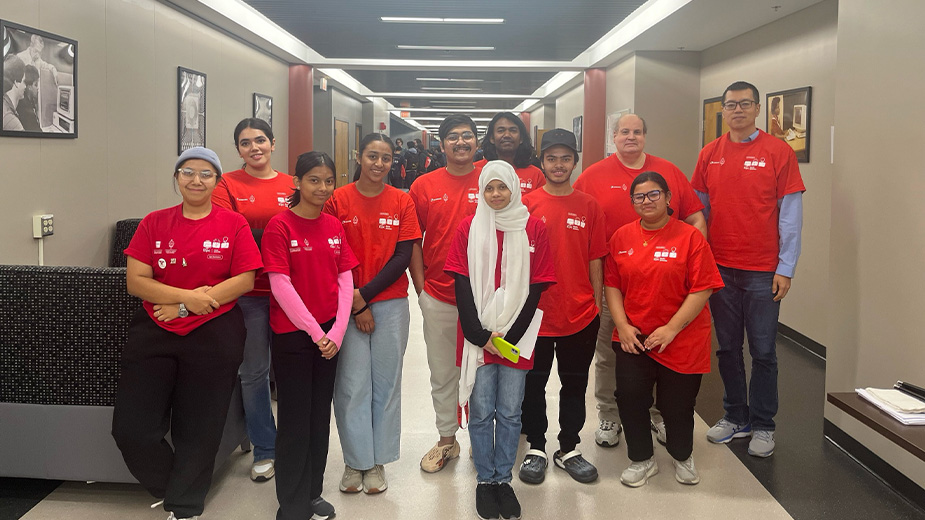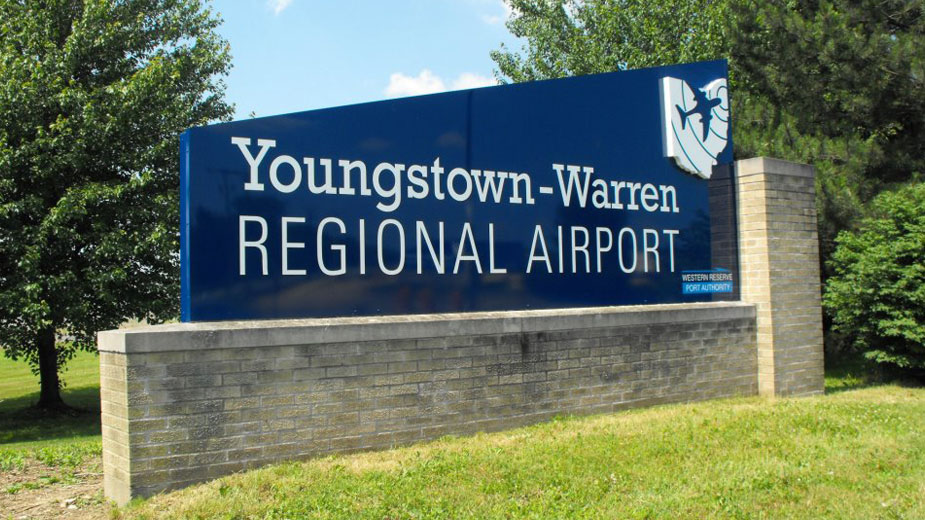YSU Academic Senate Approves No-confidence Resolutions
YOUNGSTOWN, Ohio – The Youngstown State University Academic Senate on Saturday approved two resolutions of no-confidence, one in the presidential search process and the other in president-designee U.S. Rep. Bill Johnson.
The 95-member panel is composed of 60 faculty members, 15 administrators and 15 students; 77 people voted.
Members voted virtually starting last week, with voting concluding at noon Saturday.
The resolution that reads “of no confidence in the presidential search process as led by the Youngstown State University Board of Trustees and Vice President of Student Affairs, Institutional Effectiveness, and Board Professional Mike Sherman,” saw 60 members in favor, 13 opposed and four abstentions.
For the resolution of no-confidence in Johnson, 45 members voted in favor, 23 opposed and nine abstained.
The resolutions are nonbinding.
Amanda Fehlbaum, an associate professor of humanities and social sciences, introduced both resolutions.
She said in an email Saturday that she’s glad the academic senate passed the resolutions. It shows that the process used to name Johnson was inconsistent with shared governance and that Johnson isn’t qualified for the job, she said in the email.
“I realize that the board is unwilling to rescind its offer and reopen the search; however, the damage has been done and the board and Johnson will have a lot of work to do to try to mend it,” Fehlbaum said in the email. “It is still unclear what Johnson’s goals for the university are and how he plans to meet them. We still don’t know when he will start or who will fill in until he starts.”
In an email, YSU spokeswoman Rebecca Rose, said: “Across academia, a no confidence vote is a traditional way that university constituencies can voice their concerns. The board hears those concerns, and it will continue to work with the faculty and with all YSU stakeholders to serve our students and meet the needs of our region.”
She said in the email that Johnson is “committed to YSU” and excited to being working.
“He is committed to being the president for 100% of the University’s stakeholders,” she said. “He is committed to fostering an inclusive and respectful environment at the university regardless of politics, religion or personal affiliations.”
YSU interim President Helen Lafferty announced last week that she would leave the position Dec. 31. Johnson’s contract says he will start as YSU’s 10th president by mid-March.
On Nov. 16, YSU trustees voted 8-1 to offer the university presidency to Johnson, a seven-term Republican U.S. congressman. Trustee Molly Seals dissented. The decision drew backlash from many on campus and in the community. People cited a lack of transparency in the search and appointment process, which departed from the process to select YSU presidents in the past.
The names of finalists weren’t announced, and the university refuses to identify the other two finalists. In past searches, finalists’ names were announced, and they visited campus and met with and answered questions from people on campus.
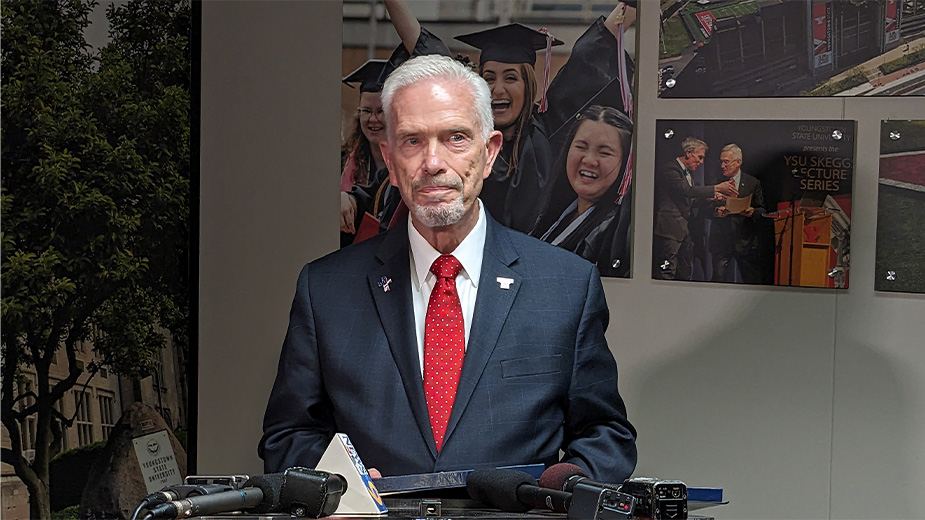
Trustees have said the search was confidential based on the advice from the search firm they hired to conduct it. The firm advised that the best candidates wouldn’t apply if the search was open.
A constituency group, made up of administrators, a member of the academic senate, who is a faculty member, and the president of the YSU Foundation, were involved in interviewing finalists.
Critics also cited Johnson’s political views and votes in their opposition to his selection, and the YSU Foundation sent a letter to university trustees expressing concerns about the process and saying it had heard from donors who were considering not donating. Some also listed Johnson’s lack of higher education experience as an issue. The other two finalists had higher education backgrounds.
On Nov. 21, trustees voted 8-1, with Seals again dissenting, to approve the contract with Johnson. He’ll earn $410,000 the first year.
The no-confidence resolution regarding the search process calls it “deliberately misleading and rushed” and cites the lack of input from faculty, students and staff.
It also has “undermined the progress made on campus to improve the climate at YSU and embrace shared governance.”
The no-confidence resolution regarding Johnson says, “The employment of such a partisan figure could negatively impact potential recruitment of students and faculty, specifically international, minority, and/or LBGTQ students and faculty …”
Copyright 2024 The Business Journal, Youngstown, Ohio.
